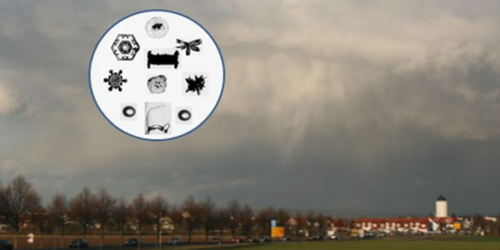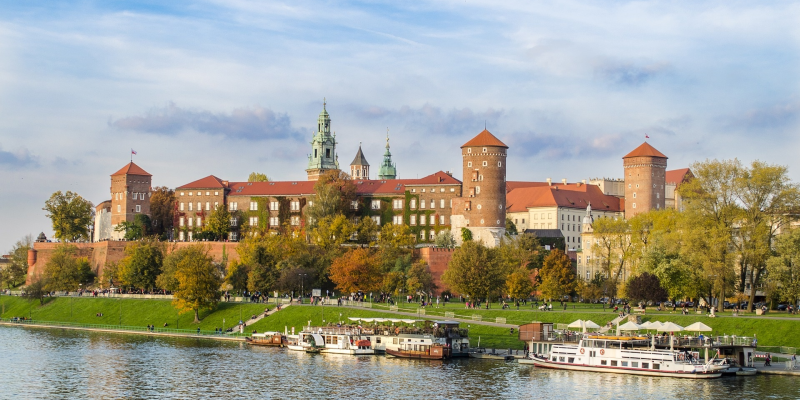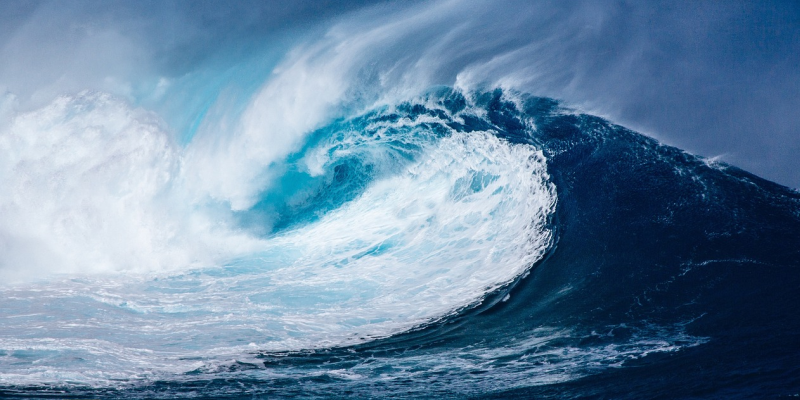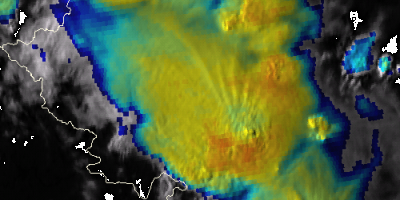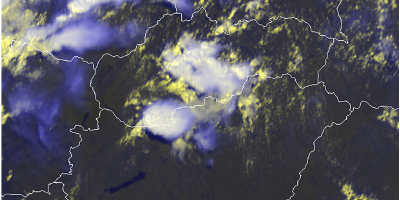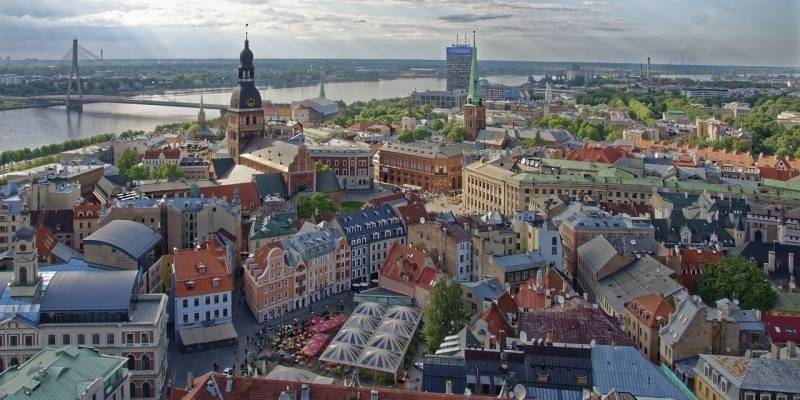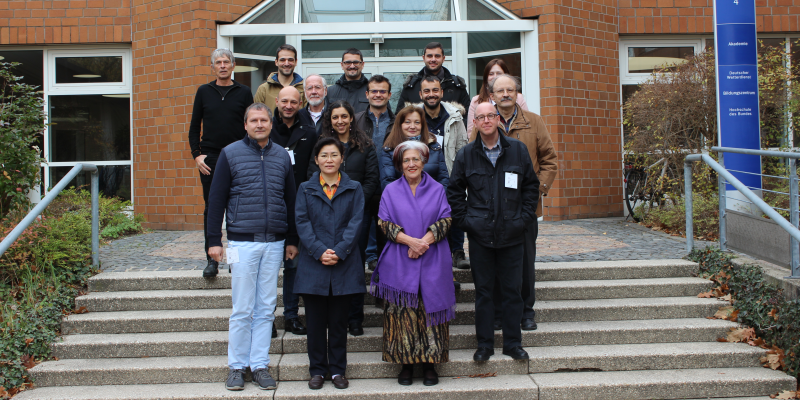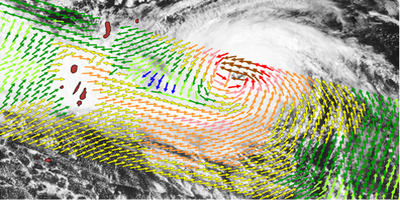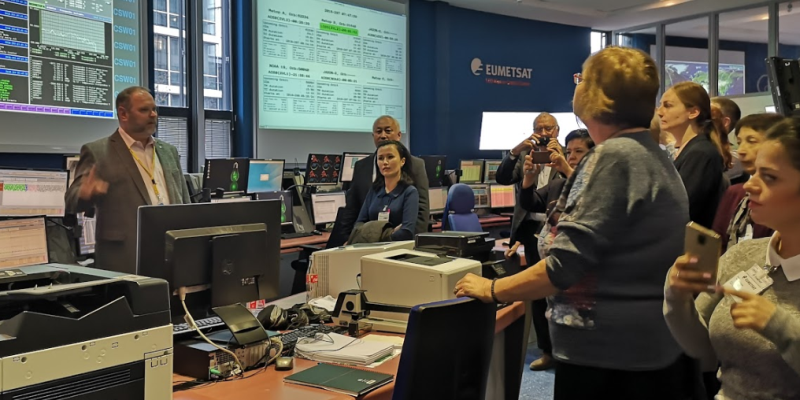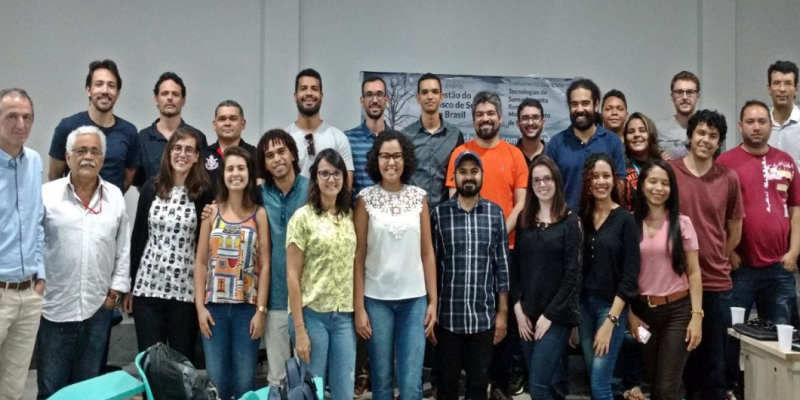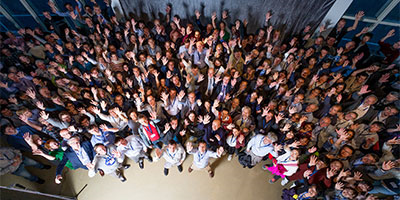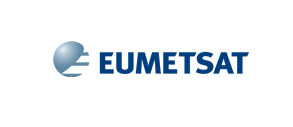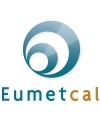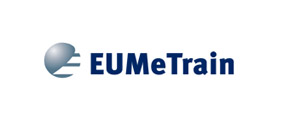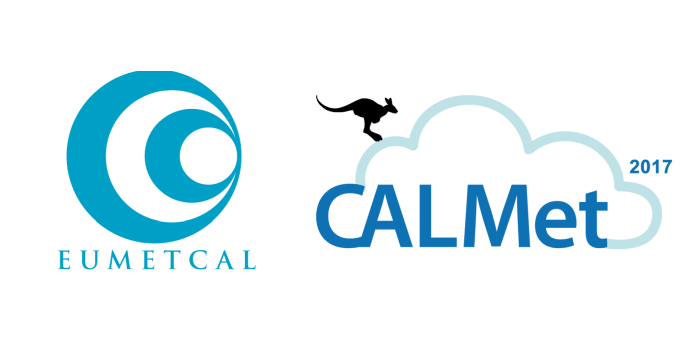
Joint Calmet XIII & Eumetcal Workshop
2019 / Darmstadt, GermanyInspire, Share and Collaborate
The joint CALMet XIII & Eumetcal Conference 2019 will be an event that brings together educators, trainers and managers from universities, research institutions, and National Meteorological and Hydrological Services. It will provide an opportunity for a community from around the world to collaborate and network on workforce development in support of the global weather, water and climate industry.
During the forum participants will share experiences, expectations, and new ideas for applying emerging technologies and strategies in meteorology and hydrology education and training.
The Theme - Preparing the weather, water and climate workforce for tasks of the late 2020s.
This joint event builds upon the directions being set by WMO for weather, water and climate services in the late 2020s, by encouraging senior practitioners in the education and training sector to discuss, debate and share views and techniques on the challenges/opportunities arising from the following sub-themes:
- Training challenges and opportunities
- Teaching and learning
- Collaboration
For more information please see http://www.calmet.org/
